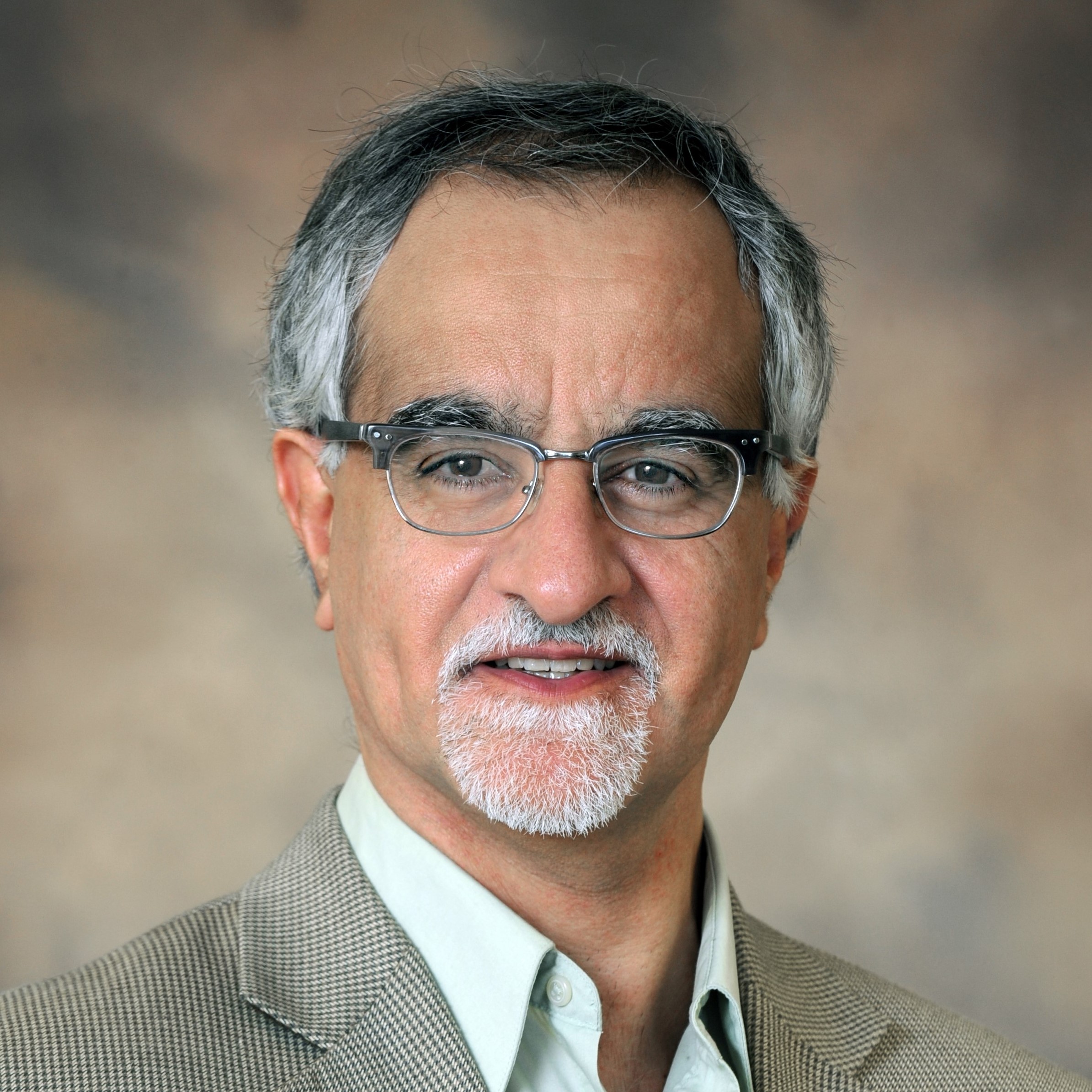Shemer, Yaron
Dr. Yaron Shemer

Associate Professor
Coordinator, Hebrew Program
Advisor, Hebrew Program
yshemer@email.unc.edu
New West 202
Professional Biography
Yaron Shemer is Associate Professor of Israel cultural studies and Jewish Studies at The University of North Carolina-Chapel Hill. He earned his B.F.A. from Tel Aviv University and his M.A. and Ph.D. in Film Studies from The University of Texas at Austin.
Research
Yaron Shemer is the author of Identity, Place, and Subversion in Contemporary Mizrahi Cinema in Israel (U. of Michigan Press, 2013). In addition to his work on Israeli ethnic cinema, Shemer has also published articles on Middle Eastern cinema. His current research projects are “Neighboring Identities: The Jew in Arab Cinema” and a comparative study of Israeli and Palestinian political cartoons.
Yaron Shemer has also produced and directed documentary films in Israel, Poland, and the US.
Awards
2016-2019: Several small research and course development grants ($800 to $2,000) from the Carolina Center for Jewish Studies and the Center for Middle East and Islamic Studies (The Duke-UNC Consortium for Middle East Studies).
2016: Academic Excellence Award, the Institute for the Arts and Humanities, University of North Carolina at Chapel Hill, Chapel Hill, NC.
Summer 2014: Panel discussion at the international Festival Kolnoa Darom (Cinema South Film Festival) in honor of the book publication Identity, Place, and Subversion in contemporary Mizrahi Cinema in Israel. Sderot, Israel.
2013: ACLS/SSRC/NEH International and Area Studies Fellowship, 2013-14, for the research project “Neighboring Identities: The Jew in Arab Cinema.”
2013: Stanford Humanities Center fellowship, 2013-14, for the book project “Neighboring Identities: The Jew in Arab cinema.” Declined.
Spring 2012: Publication grant for Identity, Place, and Subversion in Contemporary Mizrahi Cinema in Israel, The University Research Council, The University of North Carolina at Chapel Hill, Chapel Hill, NC.
Spring 2011: The Institute for the Arts and Humanities (IAH) Fellowship, The University of North Carolina at Chapel Hill, Chapel Hill, NC.
Summer 2009: Fellow at the Schusterman Center’s Summer Institute for Israel Studies, Brandeis University and Israel.
Spring and Summer 2004: The David L. Boren Graduate Fellowship, National Security Education Program (NSEP) for the study of advanced Arabic.
Fall 2004: Recipient of the student organization Texas Blazers’ Teaching Award. University of Texas at Austin.
Summer 2003: Project co-investigator with Dr. Esther Raizen. A three-year DOE allocation for the development of an on-line testing module in Hebrew.
Summer 2002: Title VI. FLAS fellowship for the study of Arabic at The University of Washington Summer Institute, Seattle, WA.
Courses
- ASIA 60: First-Year Seminar: Israeli Culture and Society: Collective Memories and Fragmented Identities
- ASIA 60: First-Year Seminar: Israeli Culture and Society: Collective Memories and Fragmented Identities
- ASIA 235: Israeli Cinema: Gender, Nation, and Ethnicity
- ASIA 235: Israeli Cinema: Gender, Nation, and Ethnicity
- ASIA 358: Religion and Tradition in Israeli Cinema, TV, and Literature
- ASIA 358: Religion and Tradition in Israeli Cinema, TV, and Literature
- ASIA 425: Beyond Hostilities: Israeli-Palestinian Exchanges and Partnerships in Film, Literature, and Music
- ASIA 425: Beyond Hostilities: Israeli-Palestinian Exchanges and Partnerships in Film, Literature, and Music
- ASIA 435: The Cinemas of the Middle East and North Africa
- ASIA 435: The Cinemas of the Middle East and North Africa
- ASIA 436: Language, Exile, and Homeland in Zionist Thought and Practice
- ASIA 436: Language, Exile, and Homeland in Zionist Thought and Practice
- ASIA 462: The Arab-Jews: Culture, Community, and Coexistence
- ASIA 462: The Arab-Jews: Culture, Community, and Coexistence
- ASIA 725: Critical Approaches to Asian and Middle Eastern Studies
- ASIA 783: Critical Postcolonial Perspectives on the Arab-Jew: Promises and Limitations
- ASIA 993: Master's Research and Thesis
Publications
Books
Identity, Place, and Subversion in Contemporary Mizrahi Cinema in Israel. The University of Michigan Press, 2013.
Articles and Chapters
“Failing Intersectionality: Gender, Ethnicity, and Religious Traditions in Recent Israeli Films.” Quarterly Review of Film and Video (QRFV).) 2019, 36, no. 5: 365-391.
“Five Broken Cameras and the Metonymic Sixth Camera: Time, Narrative, and Subjectivities in Emad Burnat and Guy Davidi’s 5 Broken Cameras.” National, International, and Transnational: Israeli Cinema Beyond its Borders. Rachel S. Harris and Dan Chyutin, eds. Indiana University Press. [Forthcoming] R
“Eyes Wide Open.” The Global Encyclopedia of Gay, Lesbian, Bisexual, Transgender, and Queer History. 2019: 495-500. R
“From Chahine’s Alexandria…Why to Salata Baladi and Jews of Egypt: Rethinking Egyptian Jews’ Cosmopolitanism, Belonging, and Nostalgia in Cinema.” Middle East Journal of Culture and Communication (MJCC). 2014 (Fall), 7, no. 3: 351-375. R
"The Burden of Self-Representation: Reflections on Shḥur and Its Legacy for Contemporary Mizrahi Films in Israel." Journal of Levantine Studies. 2012, 2, no. 2 (Winter): 39-62. R
“Trajectories of Mizrahi Cinema” in Israeli Cinema: Identities in Motion. Yaron Peleg and Miri Talmon-Bohm, eds., 2011. University of Texas Press, 120-133. R
"The Hilarity of Evil: The Terrorist Drama in Israeli and Palestinian Films." The State of the Arts in the Middle East." Special edition of The Middle East Institute, "Viewpoints" series, May 2009, 40-44.
“Victimhood, Protest, and Agency in Contemporary Mizrahi (Arab-Jewish) Films in Israel.” Scope, 8, June 2007 (27 pages). R
Leave a Reply
